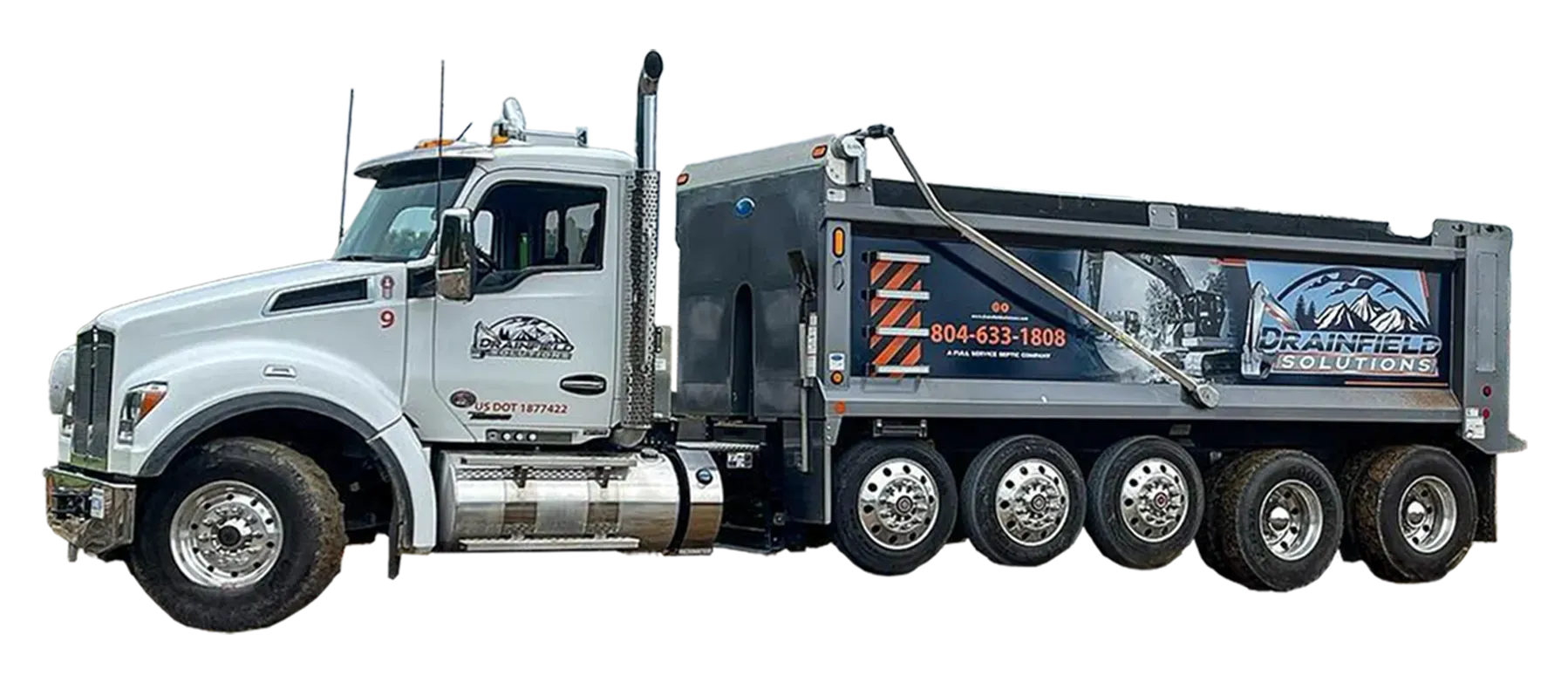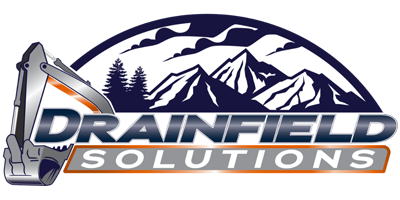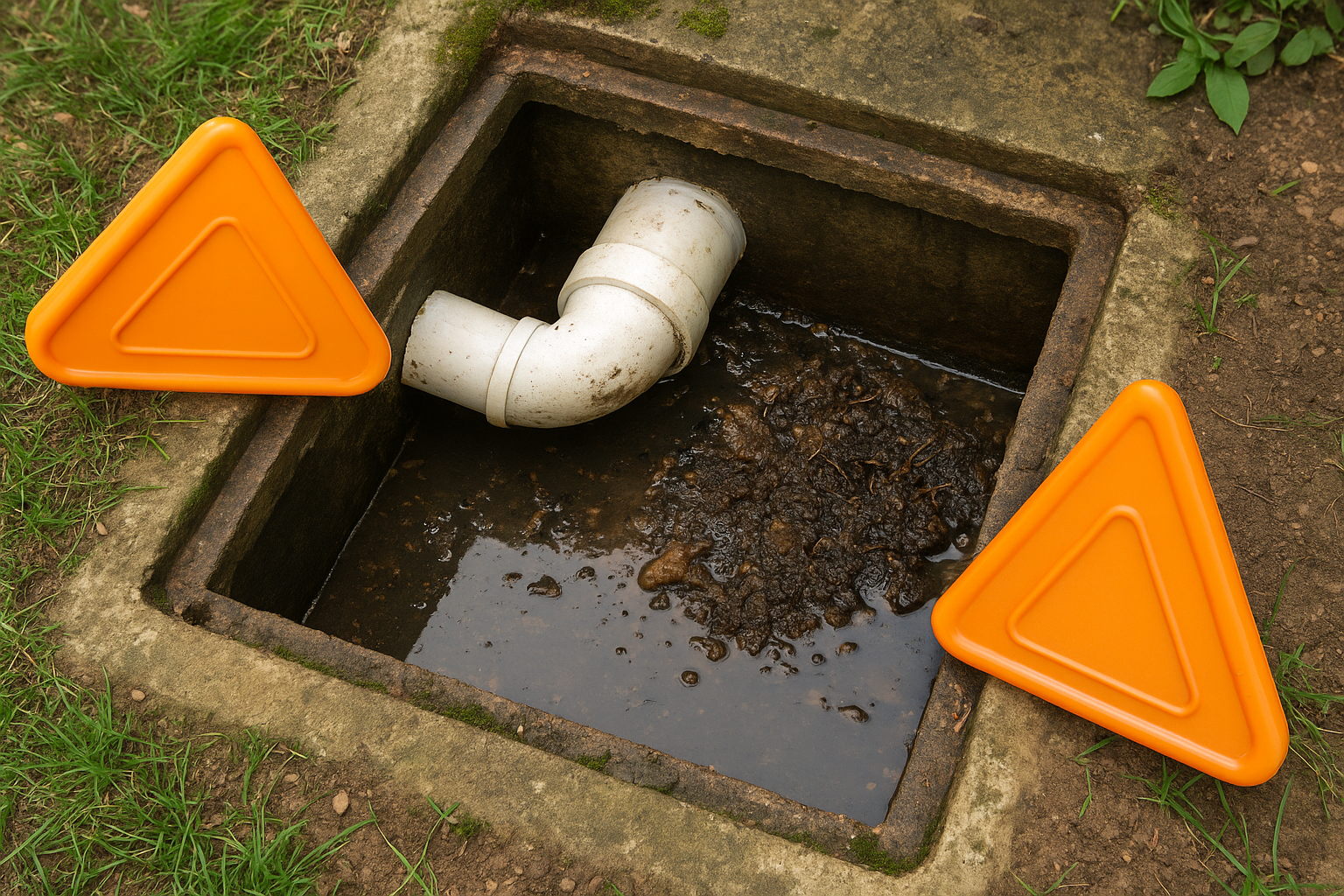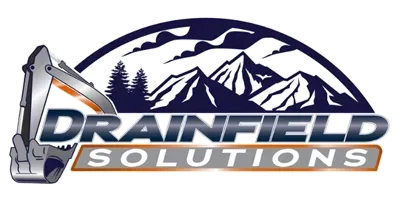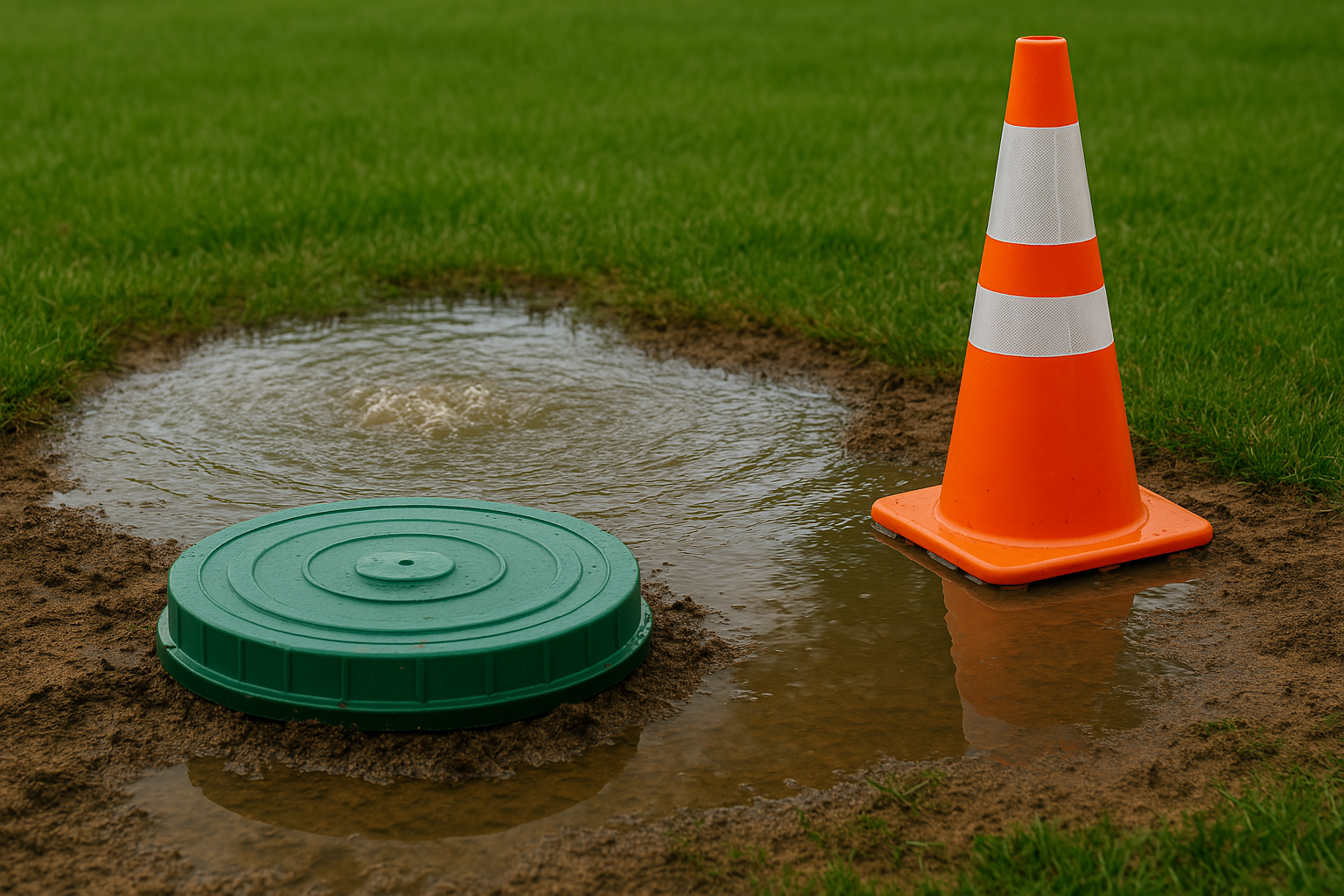
Emergency Septic System Services: Top Actions to Take When Disaster Strikes
April 17, 2025
Few things can turn a good day into a stressful one faster than septic system problems. One moment, everything is running smoothly, and the next, you’re dealing with slow drains, sewage backups, or foul odors creeping through your yard. Septic emergencies are inconvenient, unsanitary, and, if not addressed quickly, can lead to costly repairs and damage to your property.
That’s where Drainfield Solutions comes in. Since 2005, we’ve been helping homeowners in Central Virginia handle septic system issues—both big and small. When a septic emergency strikes, we’re ready to respond promptly and get your system back on track.
Need immediate help? Call Drainfield Solutions at 804-633-1808 or visit www.drainfieldsolutions.com.
Signs You Need Emergency Septic System Services
Not all septic issues are immediate emergencies, but some require urgent attention before they escalate into major (and expensive) problems. Here are the top signs that you should call for emergency septic services right away:
1. Sewage Backing Up Into Your Home
If wastewater is coming up through your sinks, bathtubs, or toilets, your septic system is in trouble. This could indicate a full septic tank, a clogged pipe, or a failing drainfield. Regardless of the cause, a backup is a serious health hazard and needs immediate attention.
2. Strong Sewage Odors Inside or Outside
A well-functioning septic system should be practically odorless. If you’re noticing a strong sewage smell inside your home or around your yard, it could mean:
- Your septic tank is overfilled
- There’s a leak in your system
- The drainfield isn’t properly filtering wastewater
Ignoring this problem could lead to environmental contamination and potential health risks.
3. Slow Drains Throughout the House
A single slow drain is usually just a clog, but when every sink, toilet, and shower in the house is draining slowly, it’s often a sign of a bigger problem—like a septic tank that needs pumping or a major blockage in the system.
4. Standing Water or Puddles in the Yard
If your yard is suddenly wet or soggy, especially near your drainfield, it might mean:
- Your septic system is overflowing
- The drainfield is failing
- There’s a leak in the tank or pipes
Standing water from a failing septic system is unsanitary and unsafe—it needs immediate professional attention.
5. Gurgling Sounds in Your Plumbing
Hearing strange gurgling noises when you flush the toilet or run the sink? That could be your septic system warning you that a blockage or backup is forming. Catching it early can prevent a full-blown emergency.
Common Causes of Septic System Emergencies
Septic emergencies don’t happen out of nowhere—they’re usually caused by neglect, improper use, or system failures. Here are some of the top reasons septic systems fail:
1. Lack of Regular Pumping
Septic tanks need to be pumped every 3–5 years to remove built-up sludge. When homeowners skip routine septic system pumping, solids accumulate and eventually overflow, leading to backups and drainfield failure.
2. Excessive Water Usage
Too much water at once can overwhelm your septic system. Washing multiple loads of laundry in a day, running the dishwasher constantly, or having many guests over can flood the tank and cause backups.
3. Flushing Non-Septic-Safe Items
Septic systems are designed to handle wastewater and toilet paper—nothing else. Flushing wipes, feminine products, grease, coffee grounds, or even “septic-safe” additives can lead to blockages and damage.
4. Tree Root Infiltration
Tree roots naturally seek out water sources, and your septic pipes and drainfield provide the perfect opportunity. Over time, roots can grow into the pipes, causing cracks, blockages, and even full system failures.
5. Drainfield Failure
The drainfield is one of the most critical parts of your septic system. When it becomes compacted, clogged, or oversaturated, wastewater has nowhere to go—leading to pooling water, slow drains, and sewage backups.
What to Do in a Septic Emergency
Step 1: Stop Using Water
The more water that enters your septic system, the worse the problem gets. Stop using sinks, toilets, and appliances immediately to prevent further damage.
Step 2: Check for Visible Signs of Trouble
Look for sewage backups, wet spots in the yard, and unusual odors. Noting these details can help professionals diagnose the issue faster.
Step 3: Call a Professional ASAP
Septic issues won’t fix themselves, and delaying a repair can turn a small problem into a major one. Call Drainfield Solutions at 804-633-1808 for emergency service.
Step 4: Avoid DIY Fixes
It might be tempting to try and fix the issue yourself, but septic systems require specialized equipment and expertise. DIY attempts can make the problem worse—or even put your health at risk.
How Drainfield Solutions Handles Emergency Septic Repairs
At Drainfield Solutions, we take septic emergencies seriously. Our experienced technicians provide fast, reliable service to get your system functioning again. Here’s how we help:
✅
24/7 Emergency Service – We respond quickly to urgent septic system problems
✅
Septic System Pumping – Removing built-up waste to restore normal function
✅
Clog Removal & Repairs – Clearing blockages and fixing damaged pipes
✅
Drainfield Repairs & Replacements – Addressing oversaturated or failing drainfields
✅
Septic Tank Inspections & Repairs – Checking for leaks, cracks, and other damage
Whether you need a minor fix or a major repair, we’re here to help restore your system and prevent future issues.
Since 2005, Drainfield Solutions has been the trusted choice for septic system installation, maintenance, and emergency repairs in Caroline County, Spotsylvania County, Hanover County, Stafford County, King George County, Louisa County and the surrounding areas.
If you’re facing a septic emergency, don’t wait—call Drainfield Solutions now.
📞
804-633-1808
🌐
Visit
www.drainfieldsolutions.com
We’ll respond quickly, diagnose the issue, and get your system running smoothly again.
Share Post
Latest Posts
Ready to Take the Next Step?
Whether you're in need of a system inspection or regular maintenance, Drainfield Solutions is here to help. Get in touch today for reliable service you can trust.
